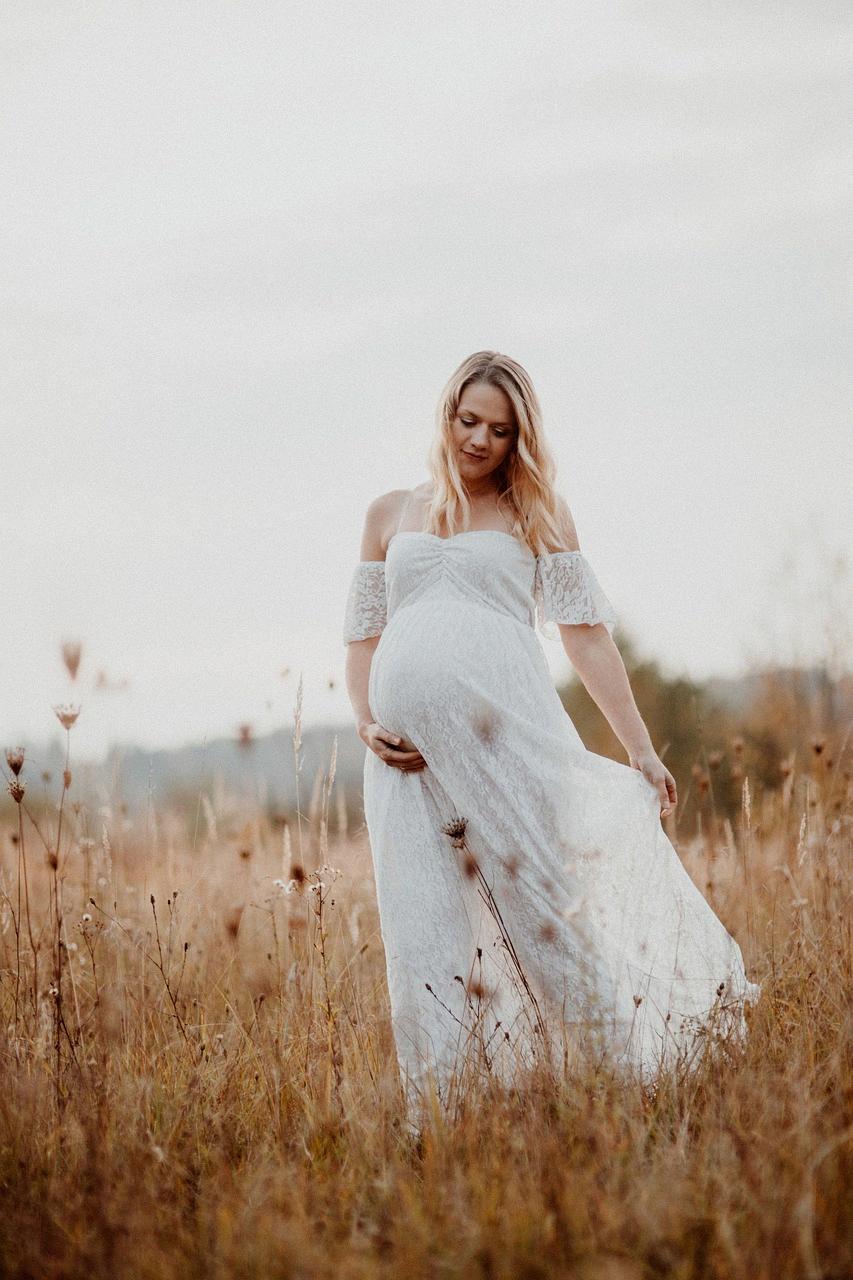It’s a common misconception that new mothers experience rapid weight loss after giving birth. In reality, the process of shedding those extra pounds can be gradual and may take time. Your body undergoes significant changes during pregnancy, and it needs time to recover and adjust postpartum.
The Role of Breastfeeding in Weight Loss
Breastfeeding can play a role in postpartum weight loss for some women. This is because breastfeeding burns calories and can help you gradually shed some of the weight gained during pregnancy. However, it’s essential to note that breastfeeding is not a guaranteed way to lose weight quickly, and individual experiences may vary.
The Importance of Patience
It’s vital to be patient with yourself during the postpartum period. Your body has just gone through a significant transformation, and it’s natural for the weight loss process to take time. Trying to rush the process could be detrimental to your overall well-being.
Setting Realistic Expectations
While some women may experience initial weight loss after giving birth, it’s essential to set realistic expectations. It may take up to a year or longer to fully return to your pre-pregnancy weight, if that’s your goal. Remember that everyone’s journey is unique, and comparisons can be counterproductive.
Embracing Healthy Habits
Instead of fixating solely on the number on the scale, focus on adopting healthy habits that support your overall well-being. This can include eating a balanced diet, staying hydrated, engaging in physical activity that aligns with your postpartum recovery, and prioritizing self-care.
Understanding Postpartum Hormones
Postpartum hormones can also play a role in weight loss for new mothers. Fluctuations in hormone levels can impact your metabolism, appetite, and energy levels. Being mindful of these changes and understanding how they may influence your weight loss journey can be empowering.
Consulting with Healthcare Professionals
If you have concerns about postpartum weight loss or are unsure about the best approach for your unique situation, don’t hesitate to consult with healthcare professionals. They can offer guidance, support, and personalized recommendations to help you navigate this stage effectively.
Self-Care and Emotional Well-Being
It’s essential to prioritize self-care and emotional well-being during the postpartum period. Adjusting to life as a new parent, managing sleep deprivation, and coping with various stressors can impact your overall health. Taking the time to care for yourself can enhance your weight loss journey.
Support Systems and Community
Building a support system and connecting with other new mothers can be valuable during the postpartum stage. Sharing experiences, tips, and encouragement can create a sense of camaraderie and solidarity. Surrounding yourself with positivity and understanding can bolster your weight loss efforts.
Celebrating Non-Scale Victories
Remember that weight loss is just one aspect of your postpartum journey. Celebrate non-scale victories, such as feeling more energetic, reaching new fitness milestones, or prioritizing self-care. Acknowledging these achievements can boost your morale and motivation.
Listening to Your Body
Above all, listen to your body throughout the postpartum period. Pay attention to hunger cues, energy levels, and signs of fatigue. Honoring your body’s needs and respecting its capabilities can guide you towards a balanced and sustainable approach to postpartum weight loss.
Final Thoughts
Postpartum weight loss is a journey that requires patience, self-care, and a personalized approach. By embracing healthy habits, setting realistic expectations, seeking support when needed, and celebrating all victories along the way, you can navigate this stage with confidence and resilience.

